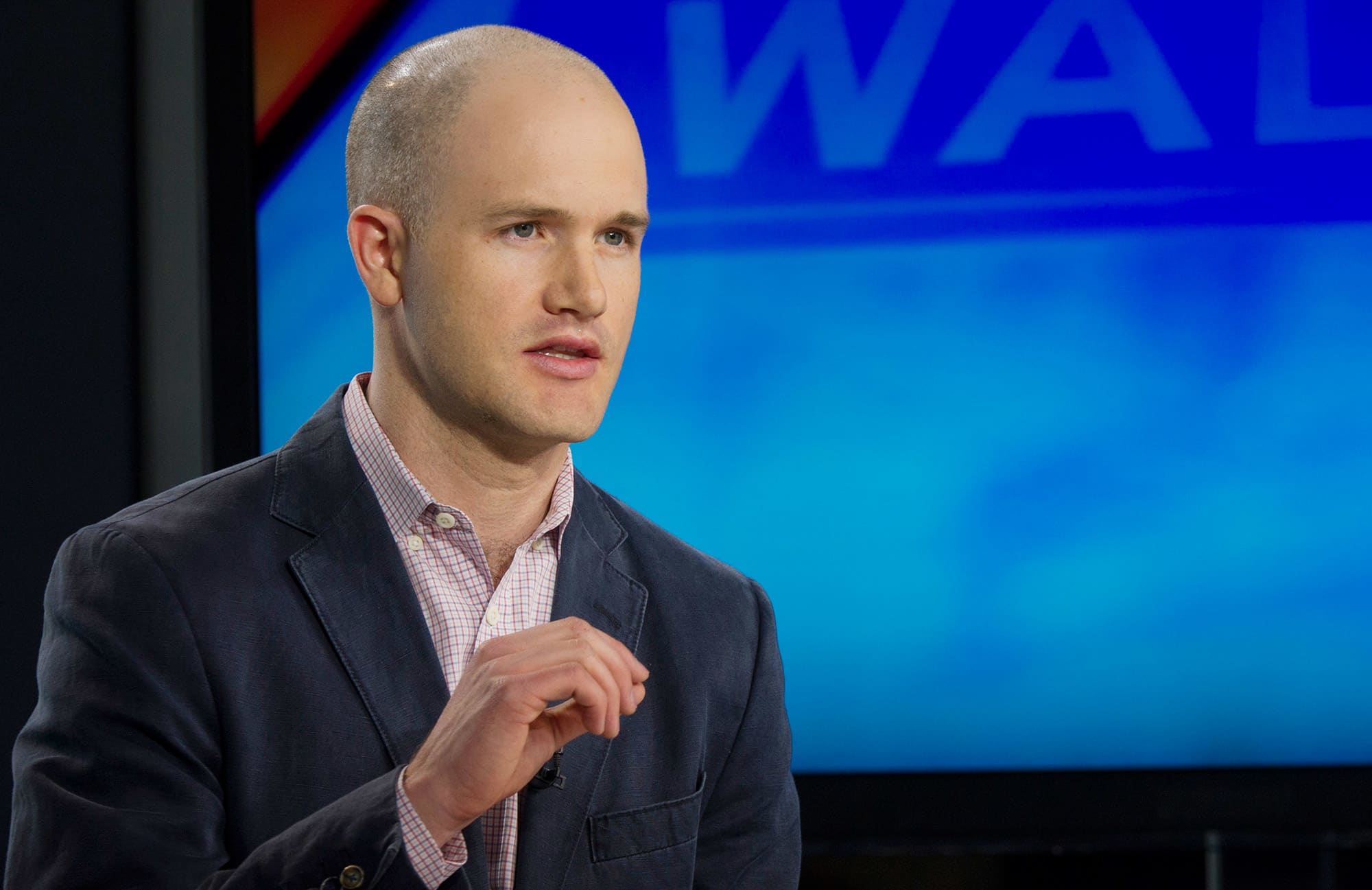Brian Armstrong, co-founder and chief executive officer of Coinbase Inc.
David Paul Morris | Bloomberg | Getty Images
Cryptocurrency exchange operator Coinbase has opened new custody operations in Dublin to help its non-U.S. institutional clients store their assets.
Mostly known for its retail investment platform, Coinbase has been making an institutional push over the years, selling professional trading and custody services to institutional investors with deeper pockets. Financial custodians are responsible for holding securities on behalf of their clients.
The company on Wednesday announced that it would set up Coinbase Custody International, a new entity based in the Irish capital, to further expand its institutional efforts abroad. While it already acts as a custodian for clients based in Europe, Coinbase claims the new unit will be more localized to suit their needs.
“In the absence of clear regulation anywhere around the world, I think folks want to be as close to home as they can be,” Sam McIngvale, CEO of Coinbase Custody, told CNBC in an interview. “That’s the regime that they understand and are tracking to.”
Europe is Coinbase Custody’s “biggest geographic segment of growth,” McIngvale said, adding the continent would be its “jumping-off point” for further international expansion. “We think we can service most of Asia and other international markets out of Custody International.”
The firm currently has over $7 billion worth of assets under custody, with just under $1 billion accounting for holdings across its European and international clients.
Digital currencies have proven a difficult asset class for banks and hedge funds to swallow, primarily due to their notoriety for volatility and the legal uncertainty surrounding them. While ownership of traditional assets like stocks and bonds is well-documented and highly-regulated, cryptocurrencies aren’t afforded the same privilege.
Regulators around the world have been looking at how best to approach such assets, and the U.S. in particular has been racking its brains over how to bring certain digital assets under securities laws. Coinbase last year set up a ratings system with rival exchange operators Kraken and Circle to judge digital currencies on how similar they are to securities.
Then there’s the potential for investors to essentially lose their assets, for instance if they lose an alphanumeric “private key” that lets them access their funds, or if that key is compromised and their holdings are stolen. Custody services are crucial to securing investors’ assets, especially for large financial institutions with much more to lose.
McIngvale said that Coinbase’s push into custody represented part of its wider ambition to “institutionalize” cryptocurrencies as an asset class and give larger investors more confidence in them. He said the company’s institutional offerings could eventually converge into a service that “will look and feel more like a traditional prime brokerage.”
Coinbase is currently regulated in New York as a chartered custodian with the ability to hold funds on behalf of clients, but said it’s witnessed increased demand to offer more localized services overseas. McIngvale said the firm “absolutely” intends to secure a license in Europe, with one option being authorization under the EU’s MIFID investment services laws.
Another reason some large banking firms have been hesitant to engage in cryptocurrency trading is volatility. Bitcoin, the world’s most valuable digital currency, once traded close to $20,000 in late 2017, before plummeting sharply the following year. It was last trading at $9,277 and is up almost 30% since the start of the year.
Despite those concerns, there have been signs large name investors and companies are warming to the space. Investment firm Fidelity last year launched a new company focused on custody and executing trades for cryptocurrencies, while J.P. Morgan startedrolling out its own digital currency for wholesale payments clients.
Facebook meanwhile has again sparked conversation about such virtual currencies after announcing plans of its own to develop a blockchain-based token called libra. The project, which is led by Facebook, has however seen some heavy regulatory pushback and the exit of big-name partners from Mastercard to Vodafone.
